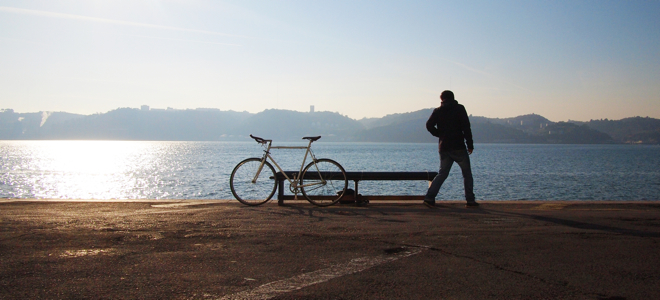
Suffer from post exercise blues?
Here’s what happens during a brilliant workout: You shake your butt, push out some miles, drip sweat (elegantly) on the floor, you squeeze out a few more repetitions, move your feet, lift another kilo, pound another mile, jump to the beat, hold that challenging pose a few seconds longer and you breathe deeeeeeeply.
And afterwards, you feel full of life, high on happy hormones and ready to take on the world.
Or?
You bonk.
Yes, you read that right. You’re guilty of bonking. Probably in public too! Gulp.
Bonking is the “technical” term for a low sugar period (the medical term is hypoglycaemia) and for healthy people, it’s usually caused by exercising without the right fuelling. It feels like you just want to crawl back to bed, you lose your appetite, your limbs are heavy and your mind feels foggy.
At the start of your workout, your body relies on the food you’ve eaten and stored energy, such as fat and glycogen in muscles. In extreme cases, it looks for a “last resort” source, but this is super hard work – to use proteins (ie body tissue), you first need to process it to break it down. Extreme bonking comes with some unpleasant friends, dehydration, physical overheating of the body and worst, brain.
Early morning sessions on a light or zero breakfast or later in the day on an empty stomach are likely to create the ideal situation for a little bonk.
Whilst the other type of bonking could be considered good cardio exercise too, here’s some tips to avoid an inappropriate bonk!
1. Make sure you eat properly
This applies both before and for longer sessions, during. Try to eat something including carbs in the hours prior to exercising. So, some cereal with yoghurt and fruit or toast with eggs with avocado for breakfast ahead of a morning short session. For longer morning workouts, think about your previous night’s dinner – no need to go crazy on carb-loading for most of us with moderate physical demands.
Later afternoon or evening routines means you’re good to go on the afternoon snacks. Think a sensible lunch, including proteins and carbs plus a handful of nuts and raisins, oat cakes with cottage cheese, celery with almond butter. Not chocolate or buns – you didn’t earn it yet 😉
Also for longer sessions, add a banana or energy bar.
2. Stay rehydrated
During exercise, you might want to consider an electrolyte or energy drink instead of your usual bottle of water – these come ready made or in tablet form to pop into your bottle. They replenish the body’s mineral balance and keep your available energy high. Don’t forget, the brain uses 25% of our oxygen intake and has a high water content – drop both and you’ll see your performance drop off and that tiredness creep in.
3. Check your temperature
Dress the part – over heating or being chilly affect your water and energy consumption rates. Layers are key to outdoor training and can be helpful indoors too. Better to peel off than start cold, risking muscle injury or finish too warm, risking dehydration or worse.
What do I use? Here’s my favourite products.
Vita Coco – I’m currently a big fan of the lemonade one, gets your mouth watering just smelling it!
Nakd Bars – great for those of us with gluten or dairy allergies and super yummy
Mulebar – for long rides, this is my preferred bar as I’m not a fan of gels – too gooey for me. Mango Tango and Apple Strudel for that top of the hill reward!
Sweaty Betty – UK designed, well made, last for ages sportswear
Velovixen – cos women want to look good cycling too! #nottoomuchpink
Gore – for rainy days and comfortable bottoms!
What do you use to stay energised post exercising? Share the product or technique in the comments – I’m always on the look out for something new and tasty to push me on a few more miles on the bike!





kate • August 1, 2014
No more bonking for me! Thanks Sarae – been adding BCAAs to my 0600 pre training regime and feel so much better for it. Inspired by you!
Sarae • August 4, 2014
Hurrah! Glad to hear I’ve been of help and that early in the morning, I think we’re all a bit on autopilot! (Says the girl who leaves home at 0620 to teach at 0700 in Crystal Palace! Oh but it feels so gooooood for the rest of the day!)